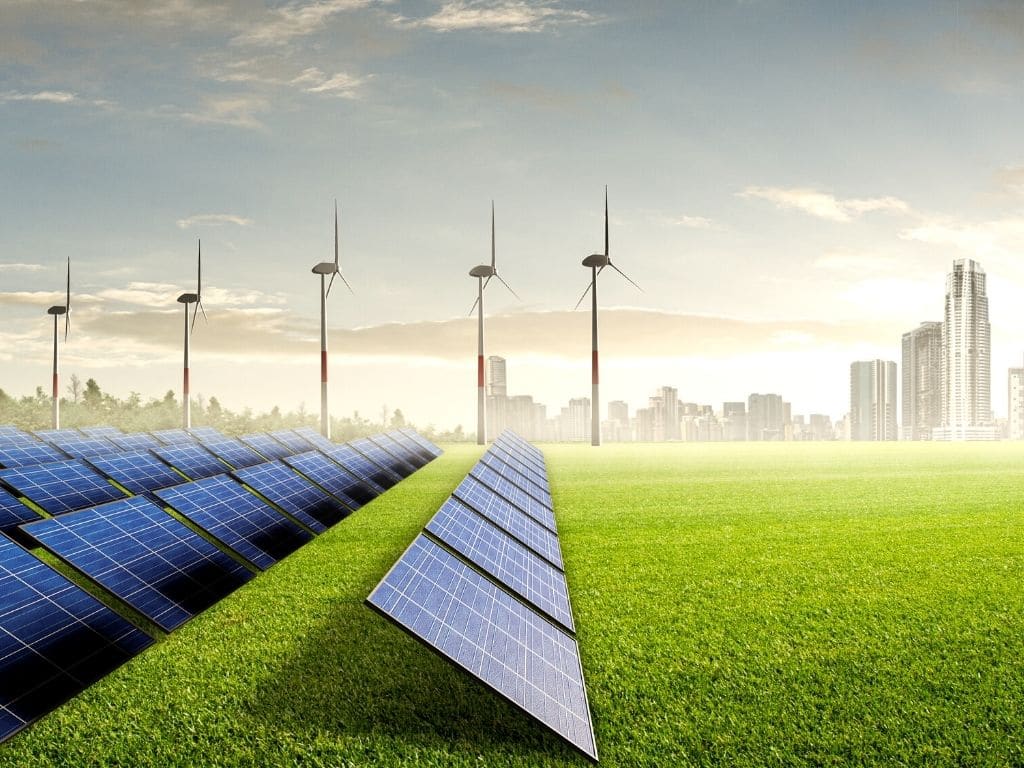- Sun, wind, and geothermal power offer a clean and sustainable alternative to fossil fuels.
Climate change is a term tossed around like yesterday's newspaper, often met with a sigh and a "here we go again." But the ever-increasing intensity of heatwaves, floods, and droughts tells a different story. We are not merely facing an inconvenient truth but staring down the barrel of a climate crisis.
The time for incremental changes – swapping plastic bags for reusable ones – is over. We need a climate revolution, a transformative shift in how we approach our relationship with the planet. Recycling is a commendable first step, but it's similar to rearranging deck chairs on the Titanic. We need a complete overhaul of our energy systems, consumption habits, and collective mindset.
A significant aspect of the revolution lies in embracing renewable energy sources. Sun, wind, and geothermal power offer a clean and sustainable alternative to fossil fuels. Imagine a world where our homes are powered by rooftop solar panels and our commutes are fueled by electricity generated by wind farms.
This transition requires investment, innovation, and a shift in priorities. But the long-term benefits – a cleaner planet, reduced dependence on volatile oil prices, and a healthier future for generations to come – far outweigh the initial costs.
However, the revolution extends beyond energy. We need to address our consumption habits. Fast fashion, a culture of disposability, and the ever-growing mountain of electronic waste are not sustainable practices.
Read More
Imagine a world where clothing is built to last, we repair and reuse instead of discarding, and electronics are designed with longevity and recyclability in mind. This requires a cultural shift, a move towards mindful consumption and a rejection of planned obsolescence. Businesses must be held accountable for the environmental impact of their products, and consumers must be empowered to make informed choices.
Individual action is crucial, but systemic change is essential. Governments must implement robust environmental regulations, incentivize sustainable practices, and invest in green infrastructure. Imagine a world where public transportation is efficient and affordable, cities prioritize walkable infrastructure and green spaces, and environmental considerations are at the forefront of every policy decision.
This requires a collective effort, with citizens holding their leaders accountable for upholding environmental commitments.
The climate revolution won't be easy. There will be pushback from industries threatened by change, and ingrained habits will be difficult to break. But the alternative is far worse – a future ravaged by climate disasters, mass displacement, and resource scarcity. The time for apathy is over. We must embrace this revolution with urgency, creativity, and shared responsibility.
This isn't just about saving polar bears or preserving pristine landscapes (though those are important, too). It's about securing a livable planet for ourselves and future generations. It's about ensuring clean air to breathe, fresh water to drink, and a stable climate that sustains life as we know it.
The climate revolution is not a choice; it's a necessity. Let's rise to the challenge, embrace the changes, and build a harmonious future where humanity and nature thrive. The time to act is now before the headlines scream irreversible damage instead of inconvenient truths.







